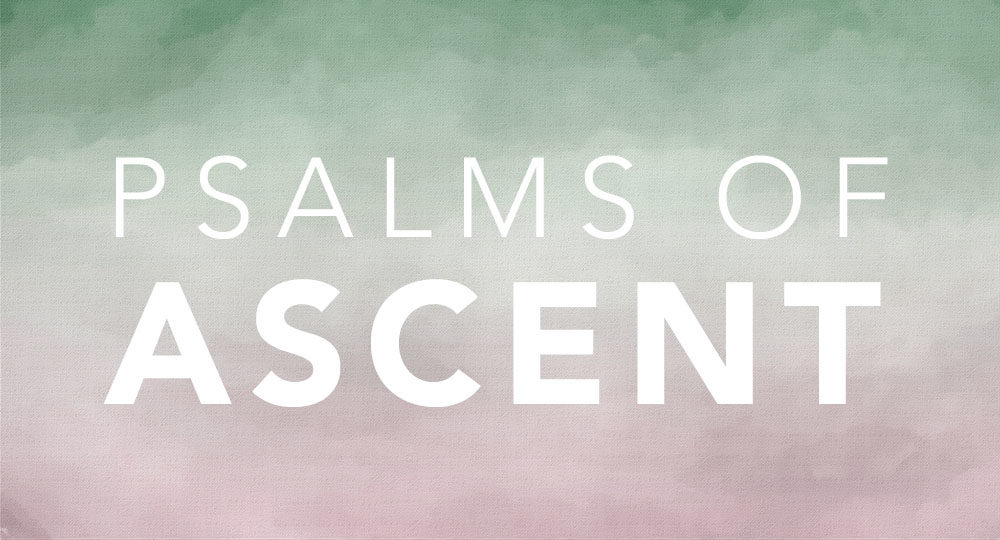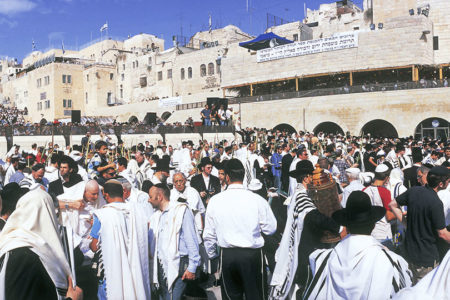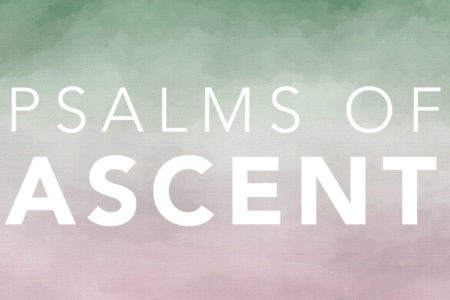Psalm 121: Our Security
Imagine a Jewish father singing to his children, “My help comes from the Lᴏʀᴅ, who made heaven and earth. He will not allow your foot to be moved; He who keeps you will not slumber” (Ps. 121:2–3). He wants his children to know God is their Protector. Psalm 121 is a song of security.
Such songs weave the basic tenets of faith into the fabric of everyday life. In merely two stanzas of four couplets each, this song teaches the powerful truth of God’s zealous protection.
In the first stanza, God is our ever-vigilant Creator who will help us when we’re in trouble. In the second stanza, He guards His people from unseen dangers.
Verse 1 reminds me of California, where I lived years ago: “I will lift up my eyes to the hills.” No matter where I looked, I could see the mountains. Israel is much the same. When trouble threatens, we are to look beyond ourselves to the mountains, which represent grandeur and strength, and remind ourselves that our help comes from the Lord, who made those hills—indeed, who made both heaven and Earth.
God is greater than the mountains, and He is our help. The word for “help” (Hebrew, ezer) connotes assistance and deliverance. Moses declared,
There is no one like the God of Jeshurun, who rides the heavens to help you, and in His excellency on the clouds. Happy are you, O Israel! Who is like you, a people saved by the Lᴏʀᴅ, the shield of your help and the sword of your majesty! Your enemies shall submit to you, and you shall tread down their high places (Dt. 33:26, 29).
Psalm 46:1 calls God “our refuge and strength, a very present help in trouble.”
Psalm 121:3 personalizes our help: “He will not allow your foot to be moved.” God not only will guard our physical movements (see Satan’s use of Psalm 91 in Matthew 4:6), but He will also help us navigate through life’s trials.
The Lord never slumbers or sleeps (Ps. 121:4). He is always aware of our difficulties. In fact, He promises, “I will never leave you nor forsake you” (Heb. 13:5).
The second stanza of Psalm 121 speaks of God protecting His children from trouble and unseen dangers: “The Lᴏʀᴅ is your keeper” (v. 5). The word for “keep” (Hebrew, shamar) means “to guard” or “preserve from.” It appears six times in the final five verses (translated “preserve” three times in verses 7–8) and indicates the Lord is the one who preserves you from trouble.
He is “your shade at your right hand” (v. 5), protecting you from the sun during the day and the cold at night. This imagery of the sometimes brutal extremes of desert temperatures depicts the Lord as shielding His children from many of the dangers of this world.
“The Lᴏʀᴅ shall preserve you from all evil” (v. 7). The phrase from all evil broadens the scope of protection to include preservation of the soul. The word for “evil” (Hebrew, ra) appears in various forms more than 400 times in the Hebrew Scriptures to describe calamity, injury, distress, and immorality. In this psalm, it means the disasters of life.
Yet, in the midst of such disasters, “The Lᴏʀᴅ shall preserve your going out and your coming in from this time forth, and even forevermore” (v. 8). We can depend on God.





